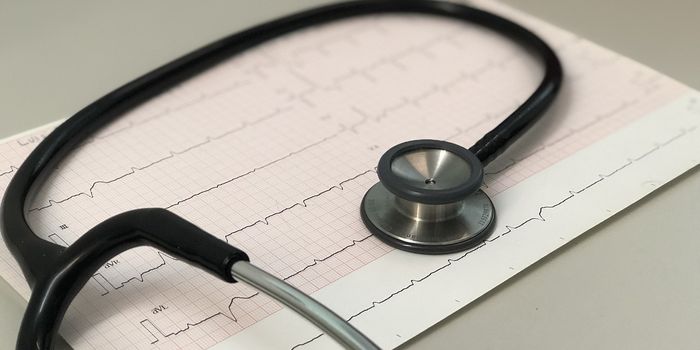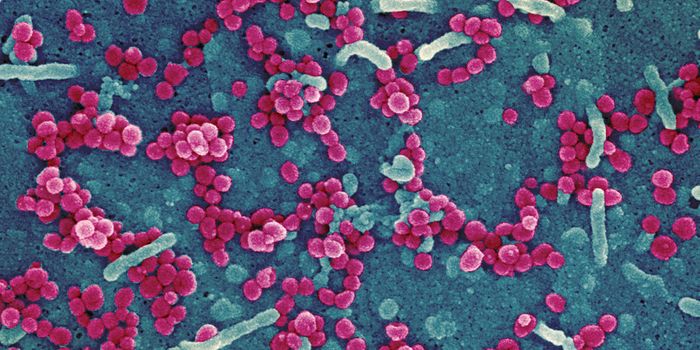Do Your Antibodies Protect Against Omicron? Rapid Test Delivers Answers in Minutes.
More mutations, more transmissible, and more likely to infect vaccinated people—coronavirus variants such as Omicron have once again put the globe on high alert.
"It's one of the lingering fears that, as we successfully vaccinate more and more people, a variant may emerge that more radically evades vaccine-induced antibody neutralization," said Duke University's Cameron Wolfe. Wolfe is a biomedical engineer pioneering a new technology that can rapidly measure whether an individual has sufficient immune protection to fend off these "variants of concern."
We are in a particularly vulnerable position with no reliable way of testing whether a vaccinated person has an elevated risk of becoming infected.
In their study, featured in the journal Science Advances, the team describes the mechanism behind COVID-19 Variant Spike-ACE2-Competitive Antibody Neutralization assay or CoVariant-SCAN. Among the key benefits of the test is that it's incredibly sensitive—an array of 'molecular traps' catch even trace amounts of viral antigens within a sample.
The 'bait' used in the traps is a fluorescent human ACE2 protein. This is the receptor on respiratory cells that the coronavirus uses as a gateway into the human body. Also on the device are replicas of spike proteins from each coronavirus variant. During the test, the glowing ACE2 proteins are dislodged and flow over the surface of the spike proteins. When they attach, it causes the well to emit fluorescence that is measured.
However, if the patient sample contains neutralizing antibodies, these proteins block the ACE2-spike interaction, and the slide remains dark. By including an array of spike protein variants, the test quickly assesses how robust a person's immune system is at protecting them from these new threats.
Current methods for retrieving such data use a long, multi-step process involving live virus and cell culture systems that have to be performed by specialized operators. CoVariant-SCAN, on the other hand, is easy to use and takes just 15 minutes to generate a result.









